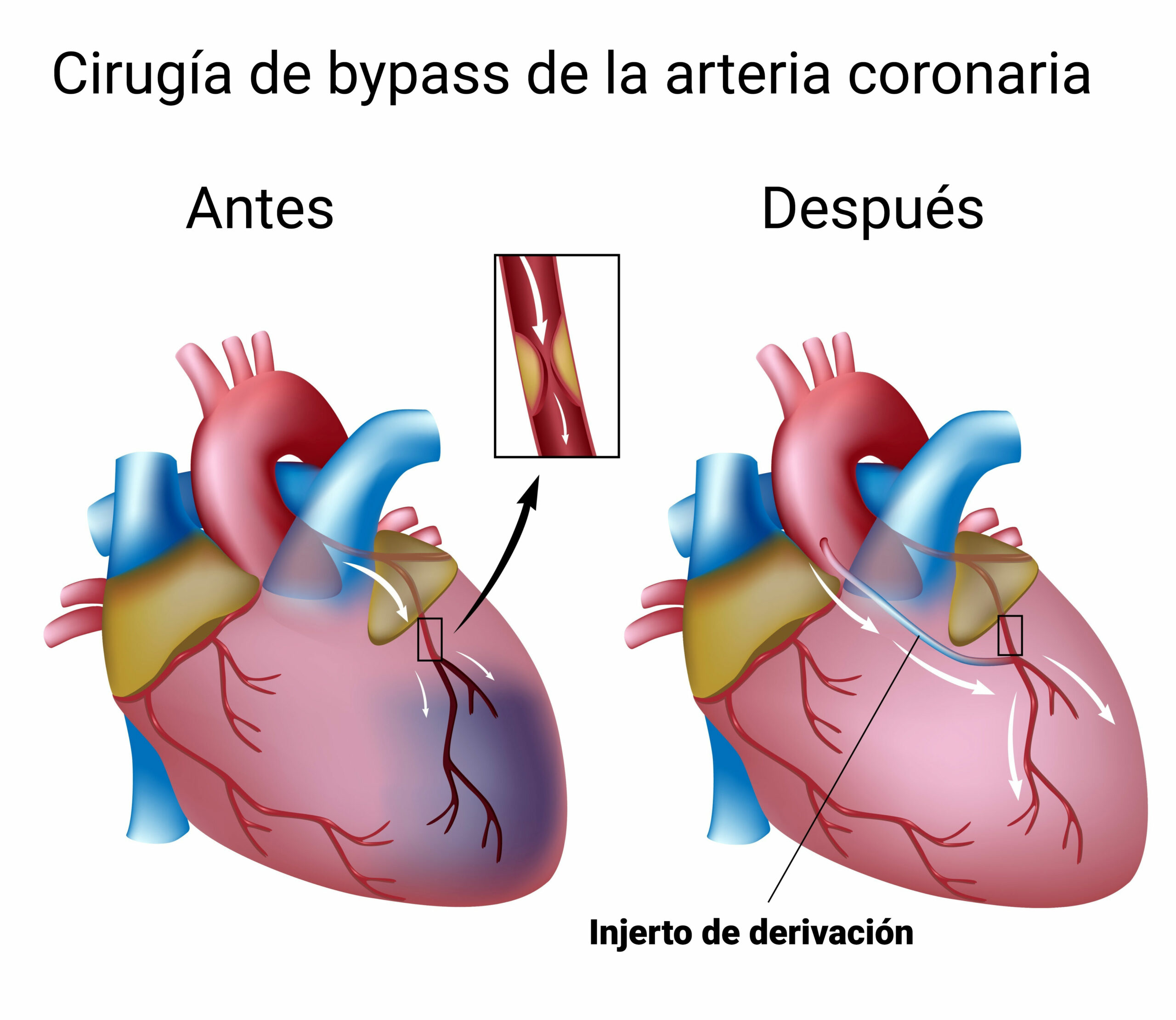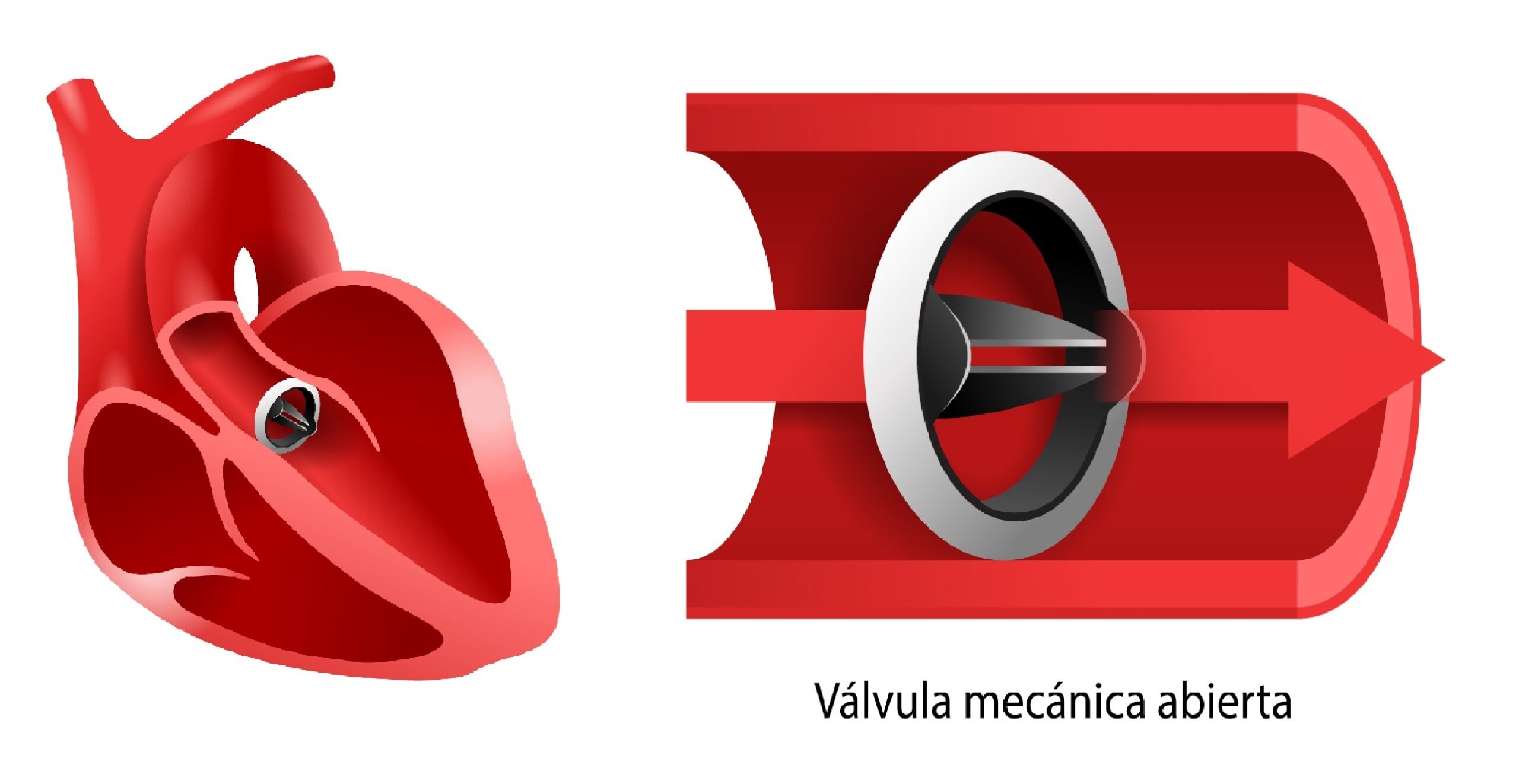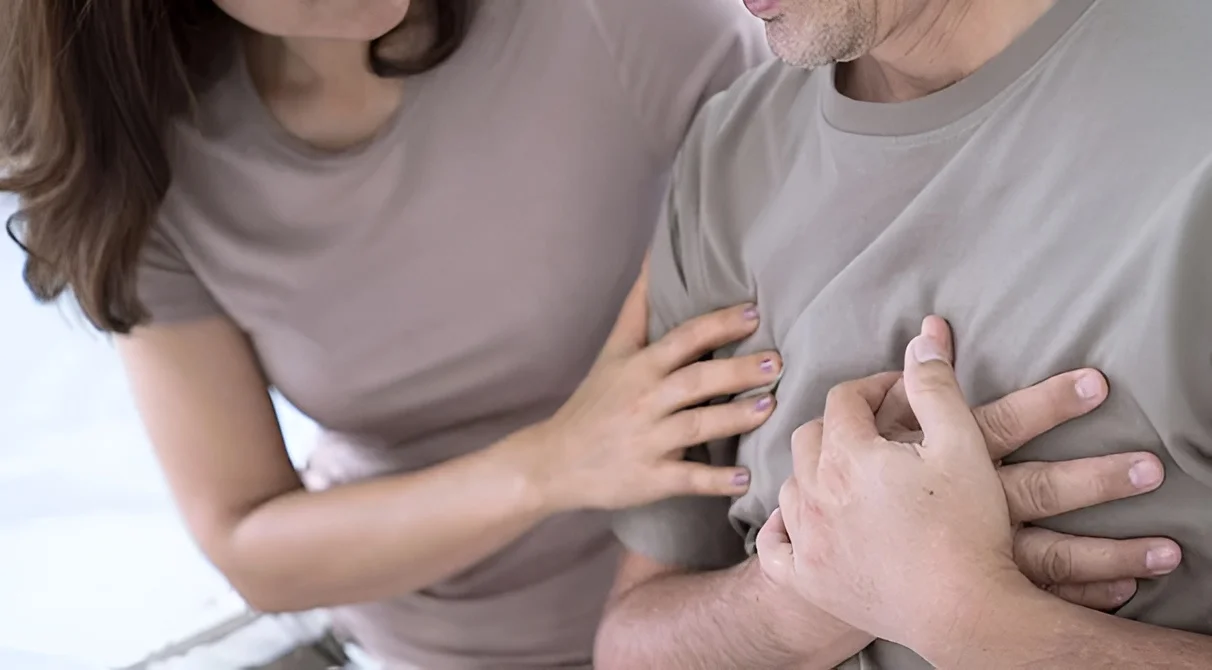Cardiovascular surgery
In recent years, cardiovascular surgery has rapidly transformed thanks to technological changes. At the ABC Cardiovascular Center, diseases of the heart, lungs, and chest are diagnosed and surgically treated.
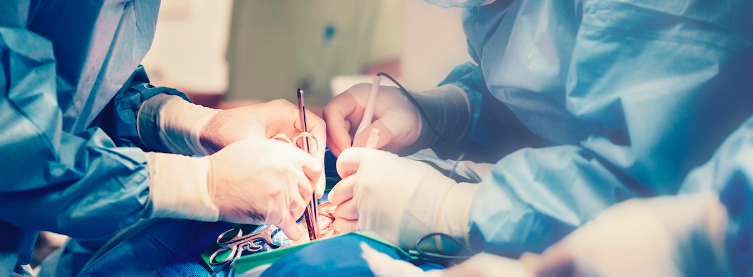
Some of the frequent procedures we perform at the Cardiovascular Center are:
Coronary bypass
Coronary artery bypass surgery redirects blood out of a partially or completely blocked area of an artery in the heart to improve blood flow to the heart muscle. The procedure involves taking a healthy blood vessel from a leg, arm, or chest and attaching it to the outside of the blocked arteries in the heart.
Valve repair and
replacement surgery
During surgery to repair or replace a valve, the sternum is divided, the heart is stopped, and blood is diverted to a heart-lung machine. Because the heart or aorta must be opened, heart valve surgery is an open-heart procedure.
Testimony: my heart failed but they treated me on time
Dr. Antonio César Miguel Lara, a cardiovascular patient at ABC Medical Center, tells you about his experience of timely detection of heart failure and how the specialists who treated him corrected it through scheduled surgery. Today, at 83 years old, he is a professionally and personally active doctor who enjoys his family and sports.
Watch it and share it!
Thoracic aortic aneurysm
The dilation or increase in the diameter of a blood vessel is called an aneurysm, which has an imminent risk of rupture and must be treated before this happens.
Depending on the location and the anatomical structures included, these aneurysms can be treated endovascularly, exclusively with a very small incision and placing a stent that prevents its rupture or do it traditionally with open surgery.
The results of thoracic aortic aneurysm surgery are very different if it is performed before its imminent rupture, which often does not even allow time to get to the hospital. Aneurysms with a high risk of rupture due to their size must be operated on immediately.
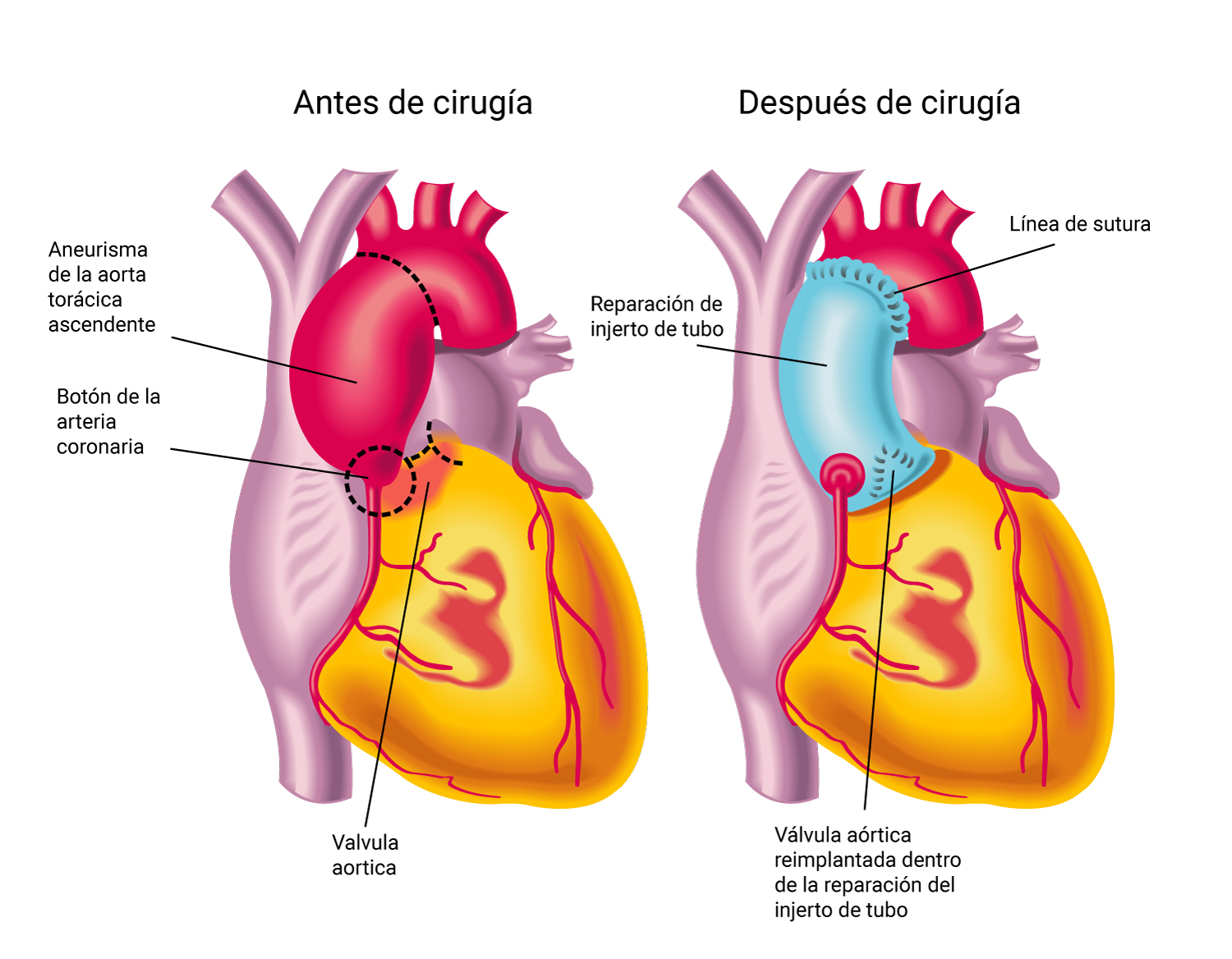
Heart Tumors
Different kinds of tumors are found inside the heart that obstruct the opening and closing of the heart valves. Most are slow-growing and therefore may go unnoticed until they are detected in routine diagnostic tests, such as X-rays and even CT scans; we consider them incidental findings in patients without symptoms.
When the tumor is large enough to obstruct valves or outflow pathways, they cause heart failure and the patient sees their doctor for fatigue, lack of strength, tachycardia or palpitations, and even fainting.
Once these tumors are diagnosed they must be removed through surgery, since there is also a risk that they begin to fragment and thus produce embolisms towards important places, such as the brain.
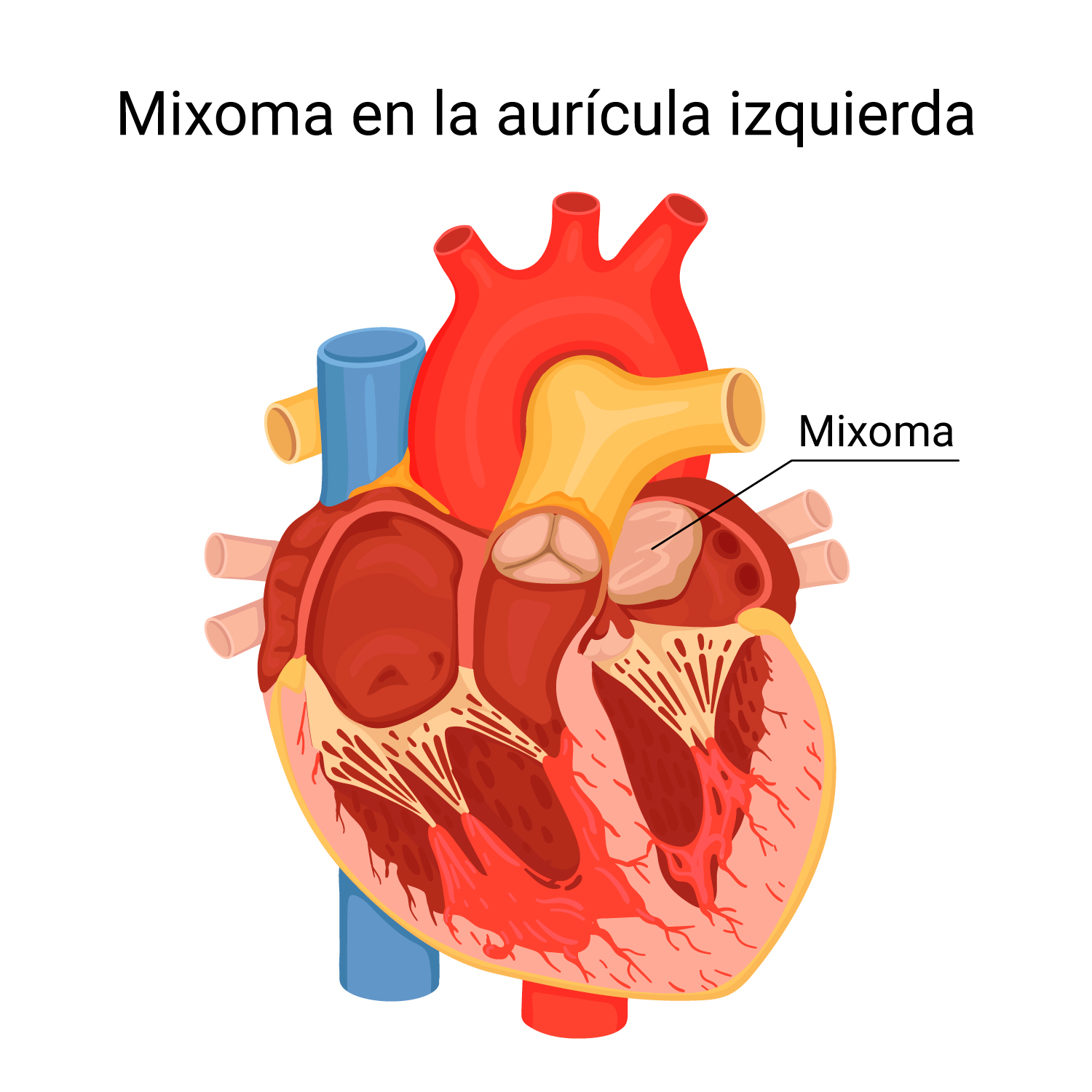
Cardiac tamponade
The heart is surrounded by a thin membrane called the pericardium and between the heart and the pericardium there is a fluid with an approximate amount of 25 ml.
Some conditions increase the production of this liquid, which oppresses the heart and causes it not to fill properly, causing the tissues to not receive enough blood, putting the patient’s life at risk.
Inflammatory diseases reach all tissues and also the pericardium, some infections are systemic inflammatory processes that increase pericardial fluid. There are other diseases in which water is not eliminated from the body normally, such as kidney disease, the fluid increases and compresses the heart.
In these cases, minimally invasive surgery is the treatment of choice, where a window is made in the pericardium, the fluid is extracted, the heart fills up again, and the tissues receive blood in adequate amounts. The extracted fluid is analyzed in the laboratory as well as a fragment of the pericardium, leading to pathology studies to identify the cause of cardiac tamponade.
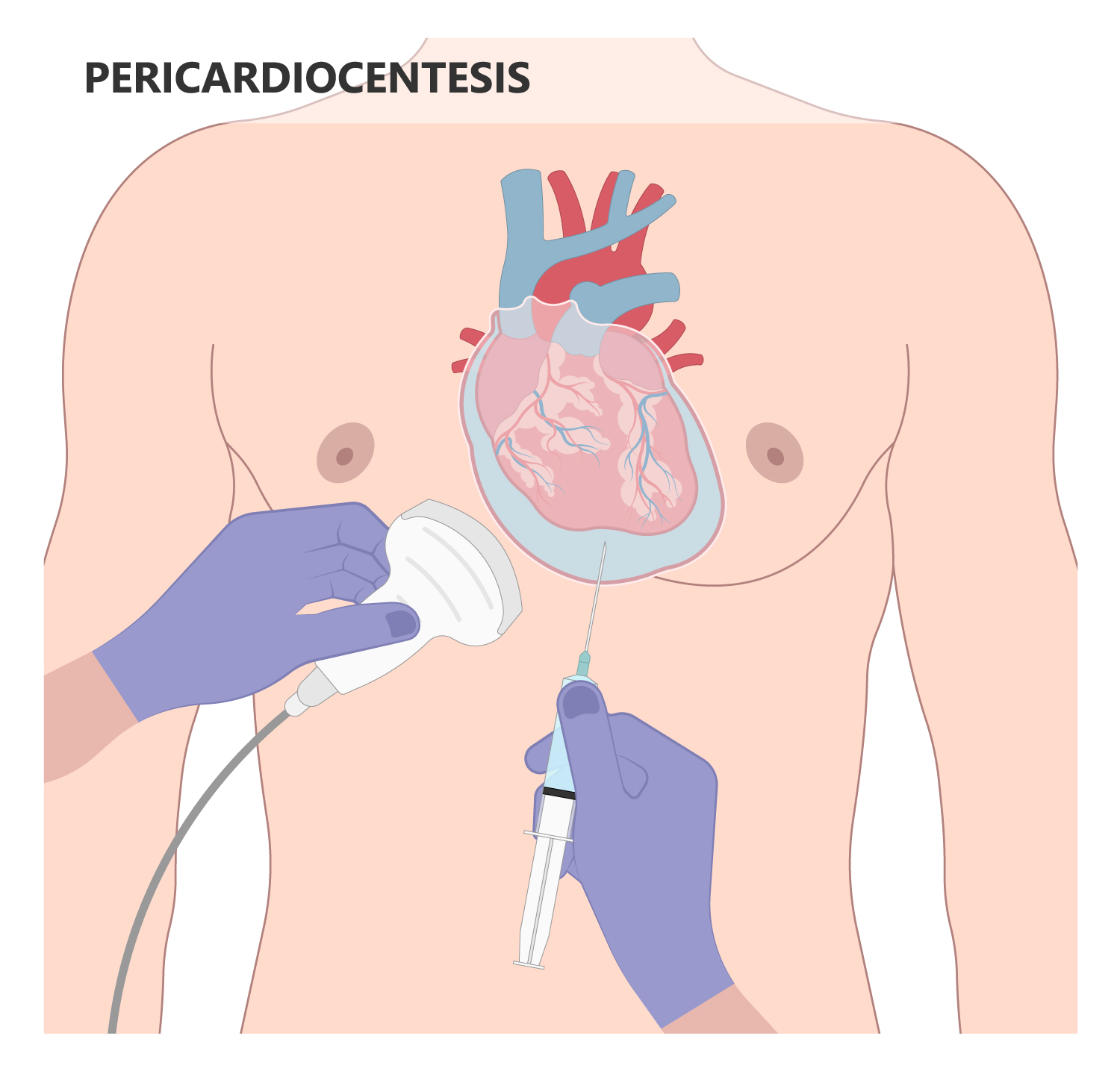
At the Cardiovascular Center, we offer you a wide range of prevention, diagnosis, timely treatment, and follow-up services to take care of your heart and that of your loved ones.
Coronary Care Unit
Hospital unit in which patients with acute cardiac problems receive intensive care by critical care cardiologists and multidisciplinary teams specialized in cardiology.
Extracorporeal membrane oxygenation (ECMO)
In extracorporeal membrane oxygenation (ECMO), blood is pumped out of the body to a heart-lung machine that removes carbon dioxide and returns oxygen-rich blood to the body’s tissues. Blood flows from the right side of the heart to the membrane oxygenator in the heart-lung machine. It is then reheated and sent back to the body. This method allows blood to “bypass” the heart and lungs, allowing these organs to rest and heal. It is used in intensive care situations when your heart or lungs need help so you can heal. It can be used in the medical care of COVID-19, acute respiratory distress syndrome, and other infections.
Where to Find Us
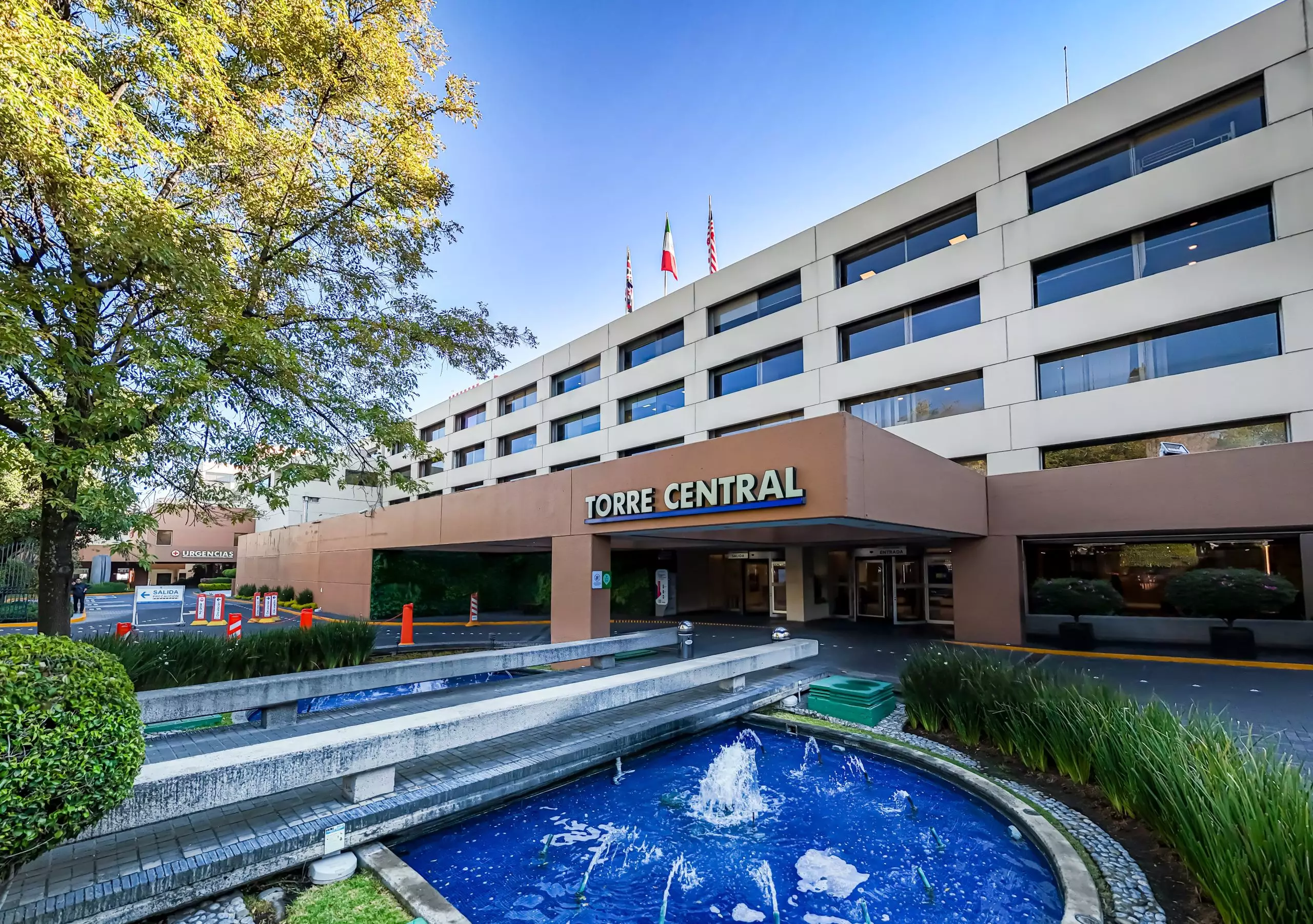
Campus Observatorio
Sur 136 No. 116, Col. Las Américas, Álvaro Obregón, 01120, Cd. de México.
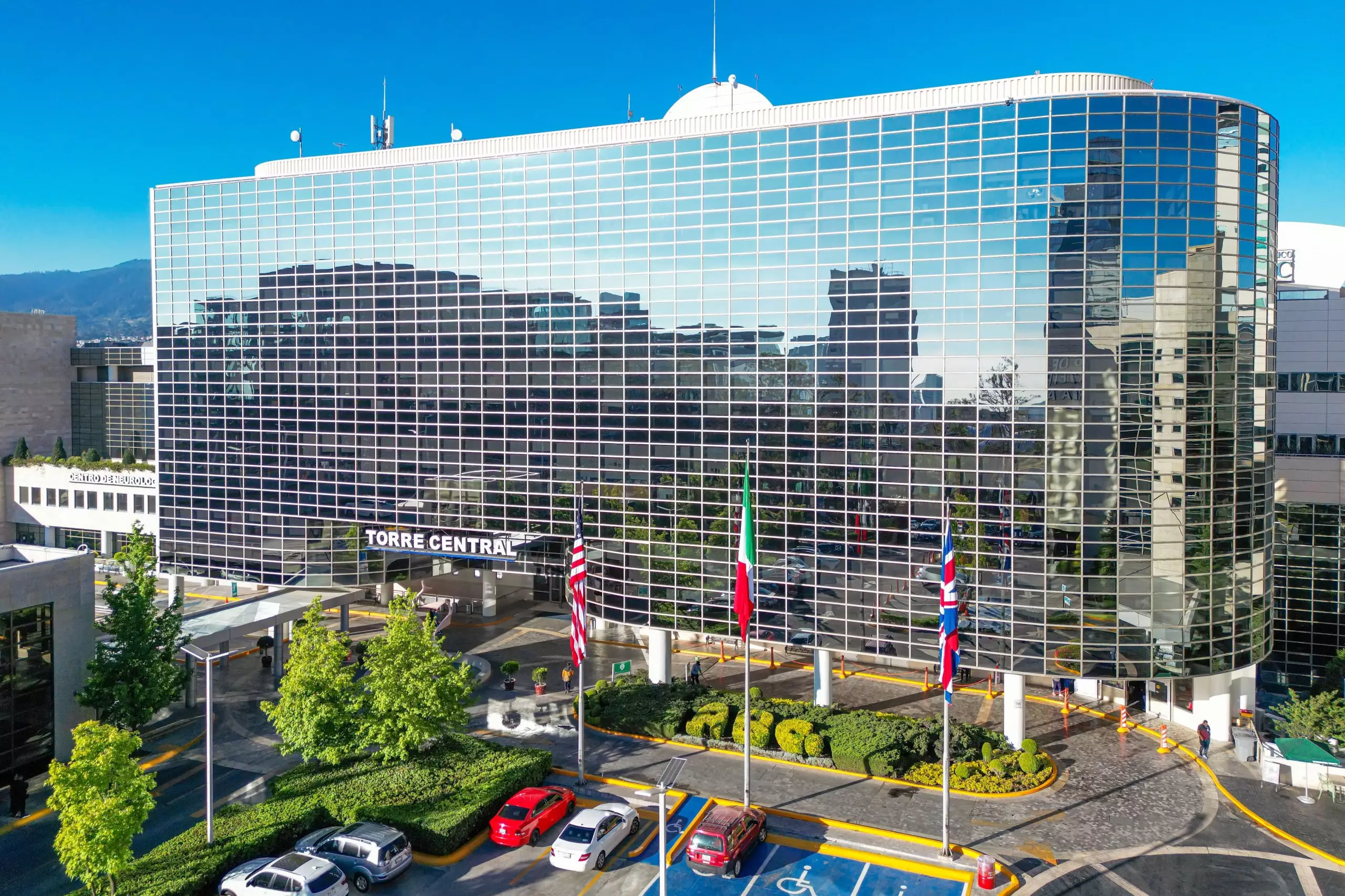
Campus Santa Fe
Av. Carlos Graef Fernández 154, Col. Santa Fe, Cuajimalpa, 05300, Cd. de México.




